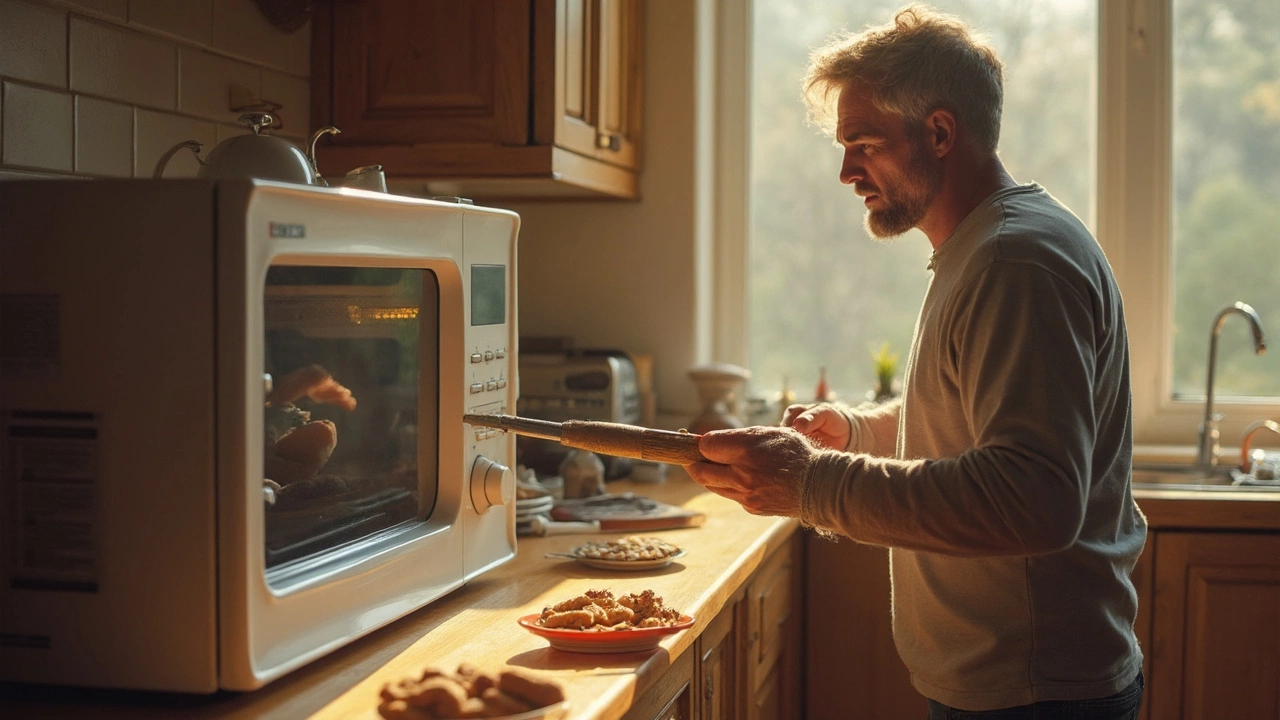Microwave Safety: Simple Tips to Keep Your Kitchen Safe
Microwaves are great for fast meals, but they can be risky if you don’t use them right. A few easy habits can stop fires, burns, and ruined food. Below you’ll find the most common problems and the steps you can take right now.
Common Microwave Hazards
Metal objects are the biggest trigger. Even a tiny piece of foil or a metal trim on a plate can spark and damage the oven. Plastics that aren’t microwave‑safe melt, leaching chemicals into your food. Sealed containers – like a closed jar or a full‑cover plastic wrap – build pressure and may explode. Finally, forgotten food can overheat, smoke, and start a fire.
Everyday Safety Practices
Check what you put inside. Use only microwave‑safe glass, ceramic, or plastic marked as such. Avoid metal forks, twist ties, and dishes with metallic paint.
Cover food loosely. A microwave‑safe lid or a paper towel keeps splatters down without trapping steam. If you use plastic wrap, leave a corner open for steam to escape.
Stir and rotate. Microwaves heat unevenly. Give food a quick stir or shake halfway through the cook time. Many microwaves have a turntable; make sure it spins freely.
Set the right power. High power for a few seconds can scorch food and damage the interior. Use medium or low settings for delicate items like butter or eggs.
Keep it clean. Food residue absorbs energy and can cause hot spots. Wipe the interior after each use and clean the door seal with a damp cloth.
Never leave it unattended. If you hear smoke or notice a strange smell, stop the microwave immediately and unplug it. Let it cool before checking the food.
For more detailed troubleshooting, see our post “Microwave Failure: The Most Common Cause and How to Spot It Fast.” It breaks down the typical magnetron issue and tells you when to call a pro.
Following these simple steps reduces risk and helps your microwave last longer. Have a question about a specific item? Just think about the material, the cover, and the power level – if you’re unsure, choose a safer alternative.
